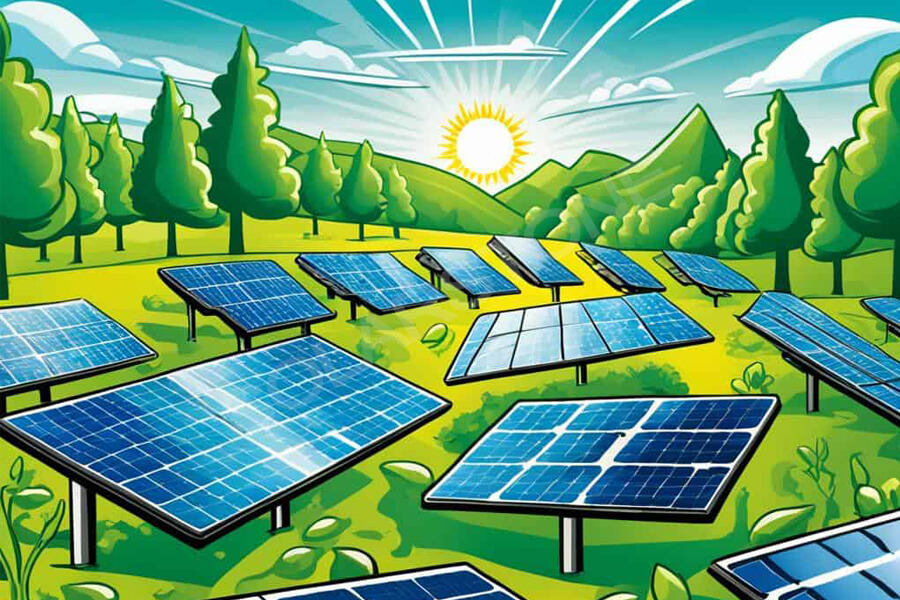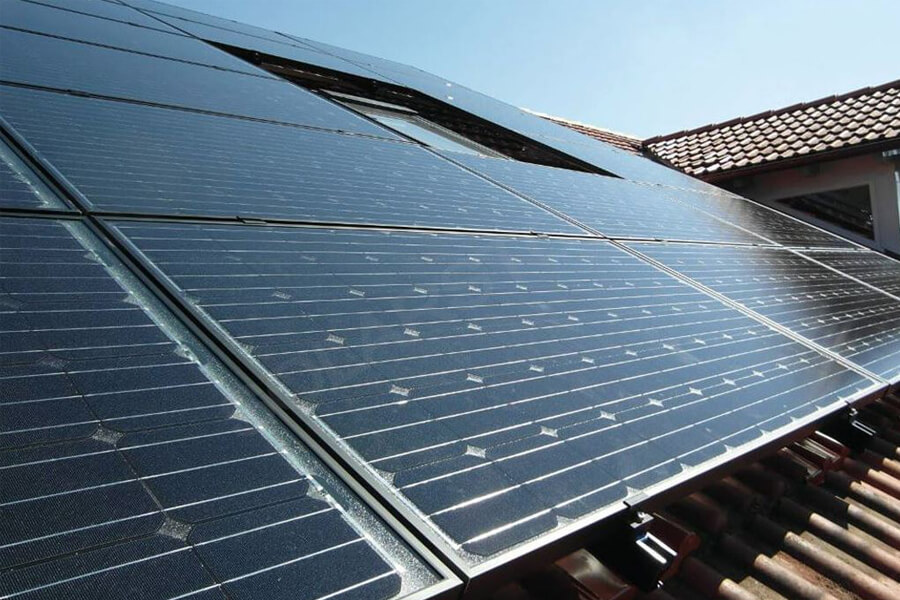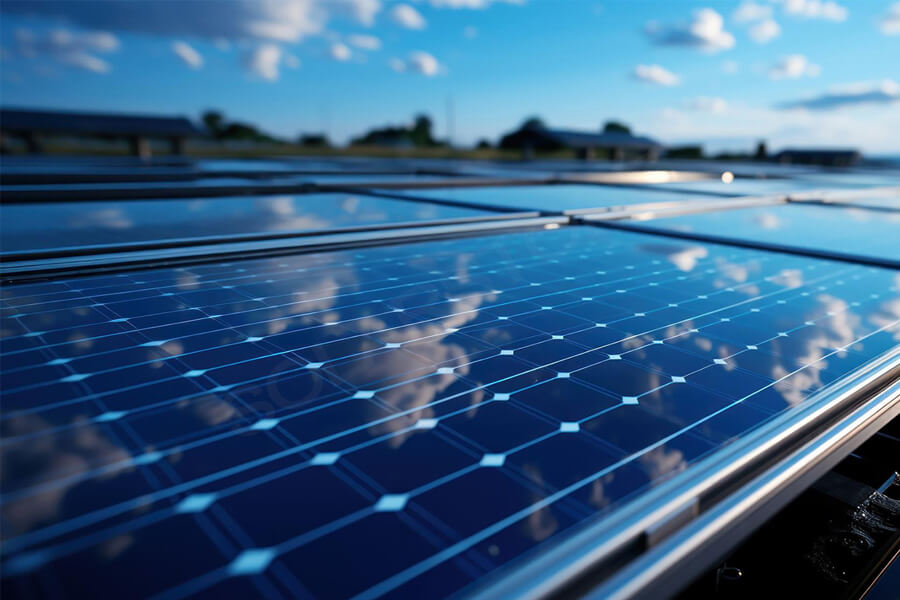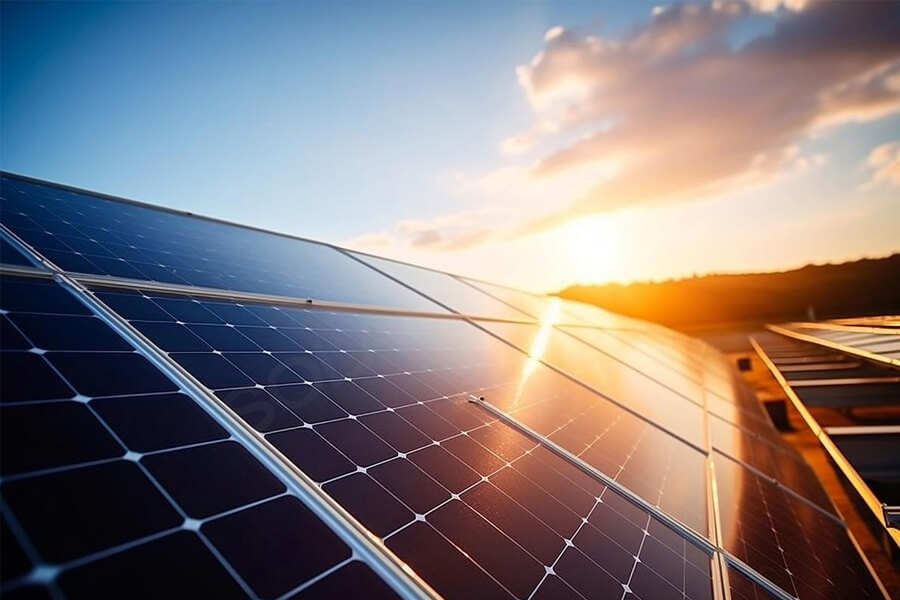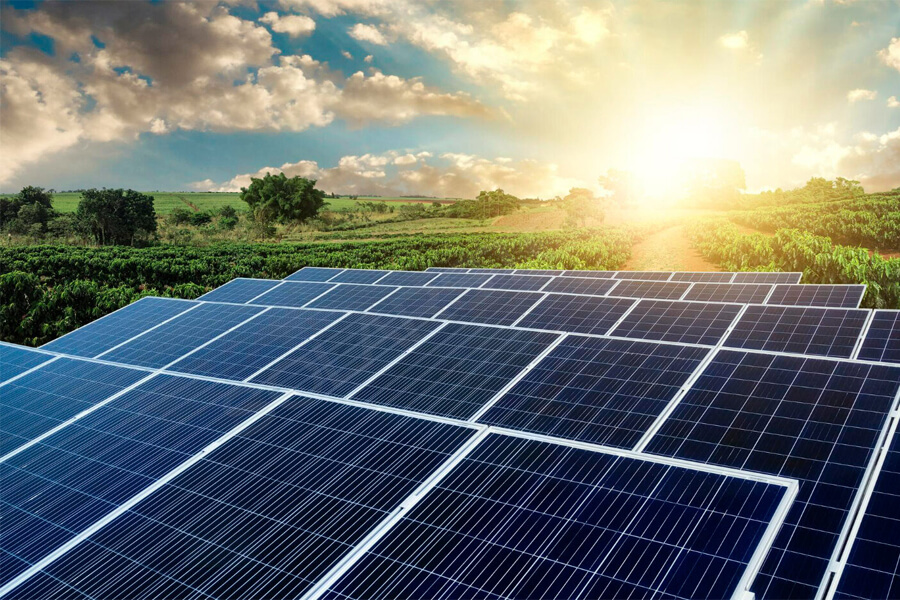1.What households are suitable for choosing energy storage batteries?
Firstly, households have installed photovoltaic systems, resulting in less household electricity during the day when there is no one present. Energy storage batteries are installed to store electricity for use at night;
Secondly, the residential area often experiences power outages, and energy storage sources are available for emergency use;
Thirdly, there are devices at home that cannot be powered off.
2.How many watts should be selected when choosing solar panels?
When selecting solar panels, it is important to first understand how much electricity is needed. Solar panels come in different wattages, and higher wattage solar panels are larger in size and more expensive. Therefore, the choice of solar panels depends on the user’s own electricity demand.
3.How much electricity can a 300W solar panel generate per day?
Under ideal power generation conditions (standard test conditions AM1.5, 1000W/m ‘, 25 ℃), without considering any losses, a 100W solar panel can generate approximately 0.5 kWh of electricity based on 5 hours of sunlight per day.
4.What aspects need to be considered to ensure the power generation efficiency of photovoltaic systems?
Firstly, the efficiency and quality of photovoltaic modules;
Secondly, the installation position and inclination angle of photovoltaic modules;
Thirdly, the situation of solar radiation;
Fourth, whether the components match each other and the matching loss amount.
5.How to classify photovoltaic power stations?
Photovoltaic power stations can be divided into centralized power stations and distributed power stations, among which distributed power stations can be divided into building integrated power stations and non building integrated power stations.
Integrated power plants with buildings include photovoltaic building combination (BAPV) and photovoltaic building integration (BIPV).
Non architectural integration mainly includes demonstration projects such as agricultural photovoltaic complementarity and fishery photovoltaic complementarity.
6.Is the inverter important for photovoltaic systems?
Important, the inverter plays a crucial role in the entire photovoltaic system. The quality of the inverter determines the efficiency and service life of the photovoltaic power generation system, and it is the core of the entire power generation system.
7.What factors affect the maximum output power of photovoltaic modules?
- Temperature characteristics of photovoltaic modules;
- Aging decay;
- Initial photoinduced attenuation of components;
- Dust and rain cover;
- Component serial mismatch.
8.What impact does temperature rise have on photovoltaic modules?
According to research, the ideal temperature for photovoltaic modules is 25 ℃. Once it exceeds 25 ℃, for every 1 ℃ increase, the output power of the photovoltaic module will decrease by 0.04%. So in order to avoid the impact of temperature rise on the power generation of photovoltaic modules, the modules should maintain good ventilation conditions.


